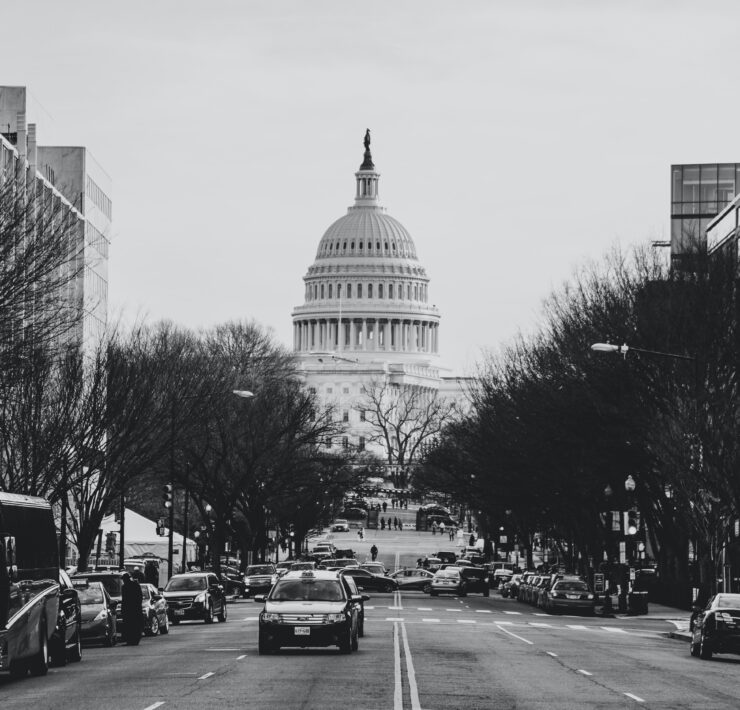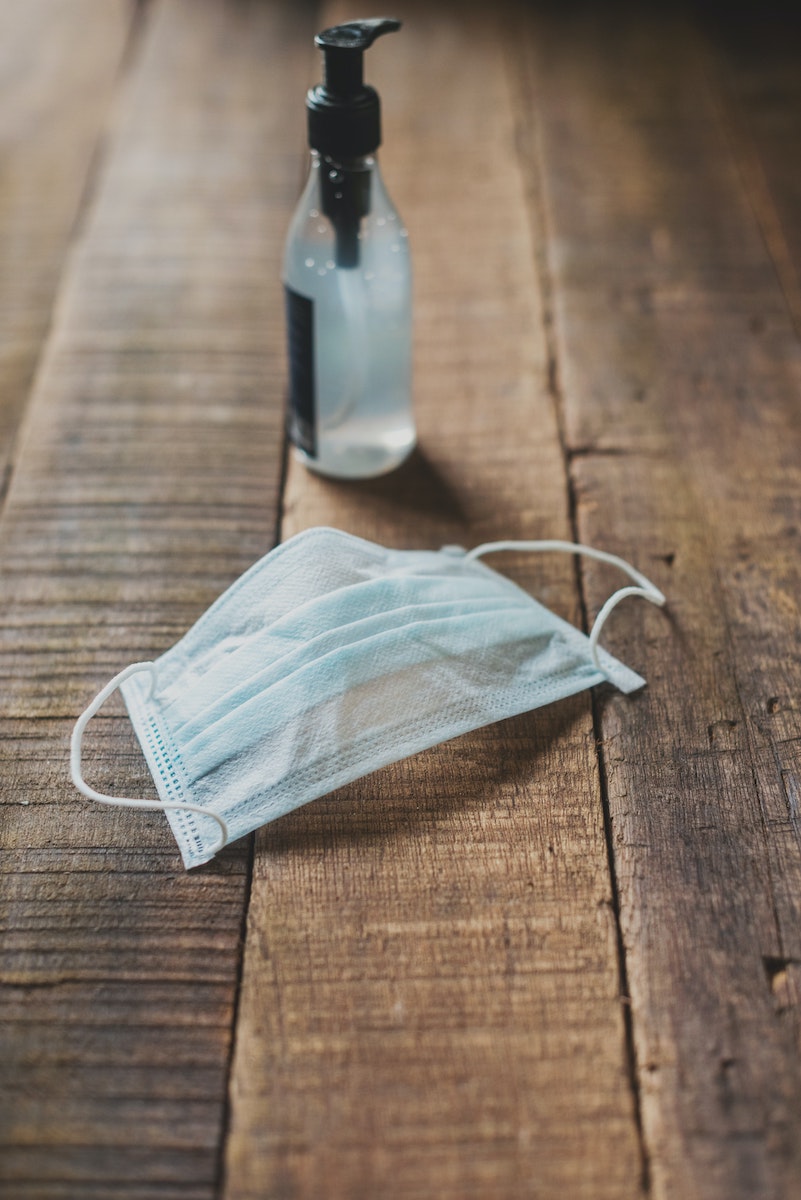We Fearless Queers: A Call to Action

On October 15, 1982, Rev. Lester Kingsolving asked then-Deputy Press Secretary to Ronald Reagan Larry Speakes, “Does the president have any reaction to the announcement by the CDC … that AIDS is now an epidemic in over 600 cases? Over a third of them have died. It’s known as gay plague.”
The press pool laughed, and Speakes responded coolly, “Well, I don’t have it. Do you?”
If that doesn’t sound familiar, it should. Thirty-eight years later, at a press conference addressing the Federal Government’s response to COVID-19, President Donald Trump joked with the press pool, “I had my temperature taken when I came into the room. It was totally normal. Did you? Wanna compare?”
At a televised Cabinet meeting on February 27, Trump had this to say about the virus, “It’s not a big deal. It’s going to disappear.” Just two days later, addressing a campaign rally for his MAGA supporters, he called COVID-19 a “Democrat hoax.”
In the rhetoric of the past, we find the dangerous rhetoric of the present as well as the results of it. The public attitude towards crisis is largely modeled by those officials we trust to rise to the occasion. Therefore, the only trust we can place in this administration is mistrust.
In the 1980s, our elected officials laughed as queers died of HIV/AIDS. Hate crimes against our community spiked. Those who lost their friends and neighbors also lost their homes and jobs or were beaten and attacked. Two 1990 telephone surveys of American attitudes towards those with HIV/AIDS administered by UC Davis found that, on average, only 19.5 percent of respondents did not give any stigmatizing responses.
In 2020, we must naturally worry for, and vigorously defend, the global Asian community when our president speaks about a Chinese virus. At least 300 racially motivated incidents have been recorded by the A3PCON in Europe, Australia, and North America. Meanwhile, FBI Director Christopher Wray disclosed to Congress on March 23, “Racially and ethnically motivated violent extremists express an obligation to spread the virus.”
The crisis we find ourselves in today, and the parallels it shares with the crises of yesteryear, are both astonishing and largely forgotten. Yesterday’s self-righteous, self-serving Moral Majority is today’s frothing stadium of MAGA supporters. What they fear remains the same: a racially, ethnically, sexually, religiously diverse America.
American marginalized communities are familiar with the ravages of illness. Now, more than ever before, we must examine the past to stand up for the future of our communities. The history of Federal mismanagement and weaponization of disease is long and well-documented. We must never forget smallpox and the role it played as a bio-weapon deployed against indigenous people in the name of imperialism. We must never forget the reprehensible Tuskegee Syphilis Studies or the black men and their families who suffered during them.
Today, urgently, we must now resolve to never look back and say our communities suffered once again at the hands of biased policy. Then, like now, the ramifications of inaction are not merely local. They are global. Regan failed to stop HIV/AIDS when he had the chance. Globally, 40 million people have died in the years since. This failure of leadership domestically continues to claim millions of lives internationally, devastating the most vulnerable.
As the Trump Administration prioritizes bailing out billionaires and considers placing the economy before public health, other Western governments are writing blank checks to protect their own interests. We, the taxpayers, will be on the hook when the debts come due. As the wealthiest among us escape to the nearest tax haven, we will be left behind to resolve the inflation, devaluation, and health impacts which accompany the funneling of wealth to the top. Meanwhile, governments in the developing world are already overwhelmed by public policy failures. These are not unrelated. On the contrary, much like a virus, one problem is symptomatic of the other.
What will happen in Venezuela when COVID-19 greets the specter of civil war and a collapsing healthcare system? What will happen in Sub-Saharan Africa, a region already struggling with measles, malaria, and HIV? What will happen to those in places like Pakistan, Bangladesh, and India?
Look no further for the consequences of contemporary policy failure than Syria. In that country, extreme drought related to climate change inaction catalyzed civil war, armed conflict, a refugee crisis in Europe, and the deaths of 500,000 people. It’s not a stretch of the imagination to conclude COVID-19 might be the final domino to fall in countries with collapsing healthcare systems, multiple ongoing public health crises, or ongoing conflicts.
The federal response to COVID-19 need not be a repeat of the HIV/AIDS crisis. Now is the time, this is the defining moment of a generation. In this country and around the world, we have always been in the crosshairs of public health and politics. We have been tasked with sheltering in place. We have been tasked with saving the world by sitting on the sofa. Our government is asking us to sit idle by, but I daresay we have been sitting idle for far too long.
Indeed, there are two ways to sit and make history: at the counter like activists before, or passive and servile before the television. As a species, we have no control over the evolution or emergence of a virus. As a polity, we have every power over how we react to it.
We must demand action from our policy makers. We must reach out to our communities and empower every person who suddenly finds their life upside down. We must speak out when we see hate crimes occurring. We must not stand for being gaslighted by an incompetent few. We must recognize when our government asks us to stand down, that is precisely the time to stand up.
While we are physically apart, and for very good reason, we cannot allow bad policymaking to tear us apart. The elegant apparatus of government has become an instrument of fear. In two weeks’ time, we have been made more pliable than ever before. There is no more defending the indefensible. It is time to be fearless queers.










